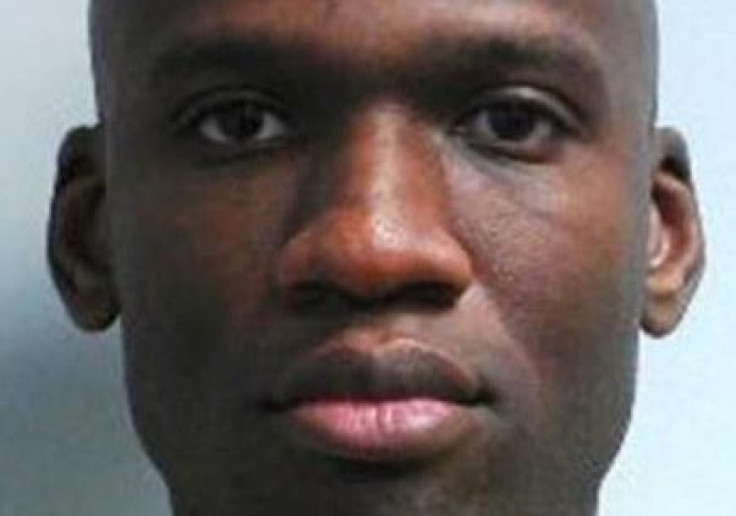Navy Yard Shooter Suffered Post-Traumatic Stress Disorder, Anger Issues: Is Aaron Alexis A Wake-Up Call For Vets With PTSD?

Though 34-year-old former Navy reservist Aaron Alexis — the Navy Yard shooting suspect — appeared to have been on a quest for peace and serenity in recent years, he was a man with a history of mental health and anger management issues dating back to Sept. 11, 2001 when he participated in post-terror attack rescue efforts. Now, as Alexis’s family and friends begin to speak out about his struggles with posttraumatic stress disorder (PTSD), former soldier Gene Silvestri says that this incident should be a “wake-up call” for those struggling with PTSD.
Alexis was identified as the gunman Monday in a shooting at a Washington, D.C. Navy Yard that killed 12 people and injured several more. He walked through the facility taking aim at anyone in his way, causing chaos within the building and throughout the Washington metropolitan area.
“I heard three gunshots, pow, pow, pow, straight in a row,” said witness Patricia Ward, who was in the cafeteria on the first floor when the shooting started. “About three seconds later, there were four more gunshots, and all of the people in the cafeteria were panicking, trying to figure out which way we were going to run out.”
Alexis’s father told authorities that his son suffered from PTSD. PTSD is a mental health condition that is triggered by a terrifying event. Symptoms include flashbacks, nightmares, severe paranoia, and anxiety. People with PTSD may also experience increased irritability, self-destructive behavior, and problems controlling anger.
Silvestri, a former soldier who is now dealing with PTSD, says that had he not gotten help, he could’ve been just like Alexis. He told CBS Sacramento that the trauma he experienced in the U.S. Army caused his PTSD and that he had episodes during which he got so angry that he blacked out.
“Short fuse, you see red. All of a sudden you’re in something and you don’t even realize,” said Silvestri. “It’s that mentality of suck it up, suck it up, get over it, and in the civilian sector—for lack of a better word—ignorance.”
At least 20 percent of Iraq and Afghanistan veterans have PTSD and/or depression. About 50 percent of those with PTSD do not seek treatment. Among those who do seek treatment, about half get “minimally adequate” treatment. According to psychologist Debra Moore, Alexis’s behavior prior to the tragic shootings probably signaled that something was off mentally.
“He had a lot of things building up and it overflowed,” said Moore. “Very rarely does someone suddenly become violent.”
According to the Washington Post, Alexis had been cited at least eight times during his Navy career for misconduct. His write-ups included ones for insubordination, disorderly conduct, and excessive absences. In 2004, the 34-year-old was involved in a dispute that ended in him pulling a pistol from his wristband and firing shots into the rear tires of a parked car. He said the people seated in the car "mocked him" earlier that morning. In 2010, he was arrested for discharging a firearm and was subsequently discharged from the service. Since then, he has been a practicing Buddhist, volunteering to help out at a friend's Thai restaurant and even picking up a job at Hewlett-Packard.
As Alexis’s friends and family struggle to reconcile the cold-blooded shooter who killed 12 people with the kind-hearted Buddhist who they described as “generally easygoing,” the nation is mourning the deaths of people who President Barack Obama described as “patriots.”
“We are confronting yet another mass shooting — and today, it happened on a military installation in our nation’s capital. It’s a shooting that targeted our military and civilian personnel,” Obama said. “They’re patriots, and they know the dangers of serving abroad — but today, they faced unimaginable violence that they wouldn’t have expected here at home.”
If you know someone who you think may be suffering from PTSD, visit the U.S. Dept. of Veterans Affairs website, where you can find resources for immediate help or long-term treatment.



























